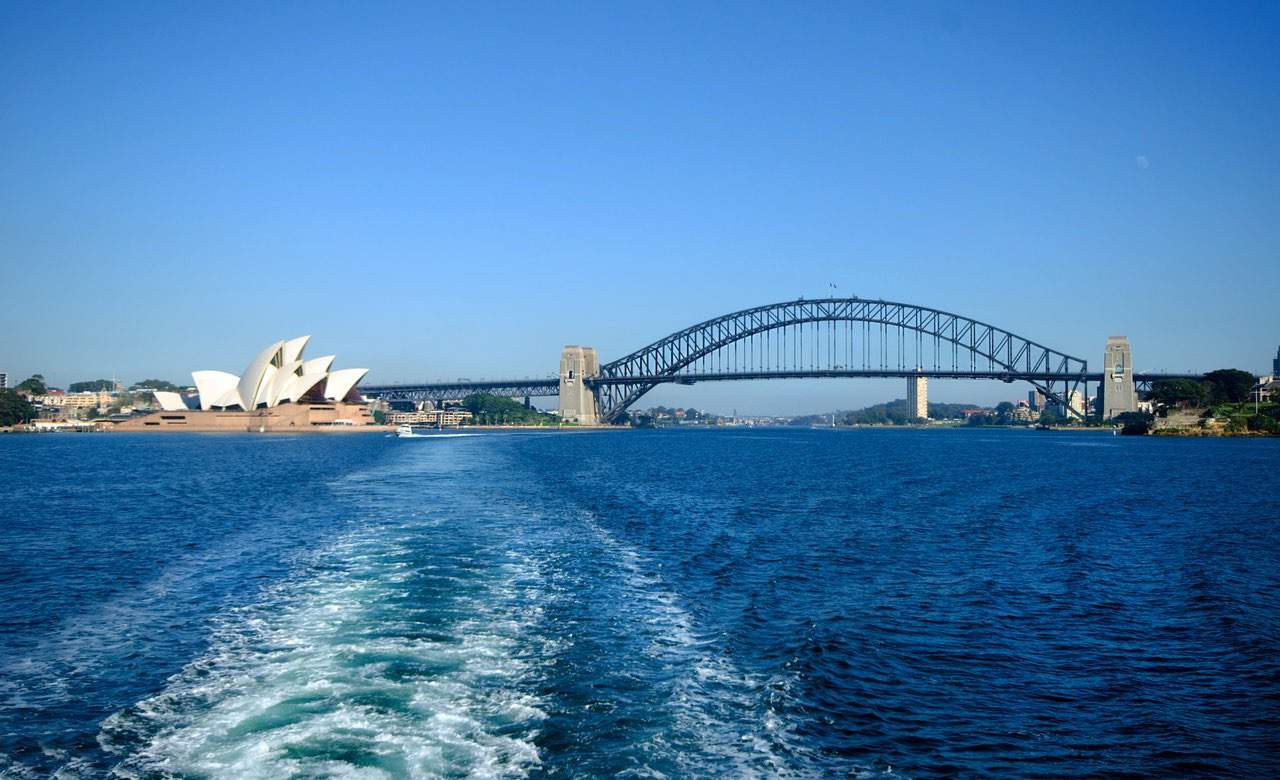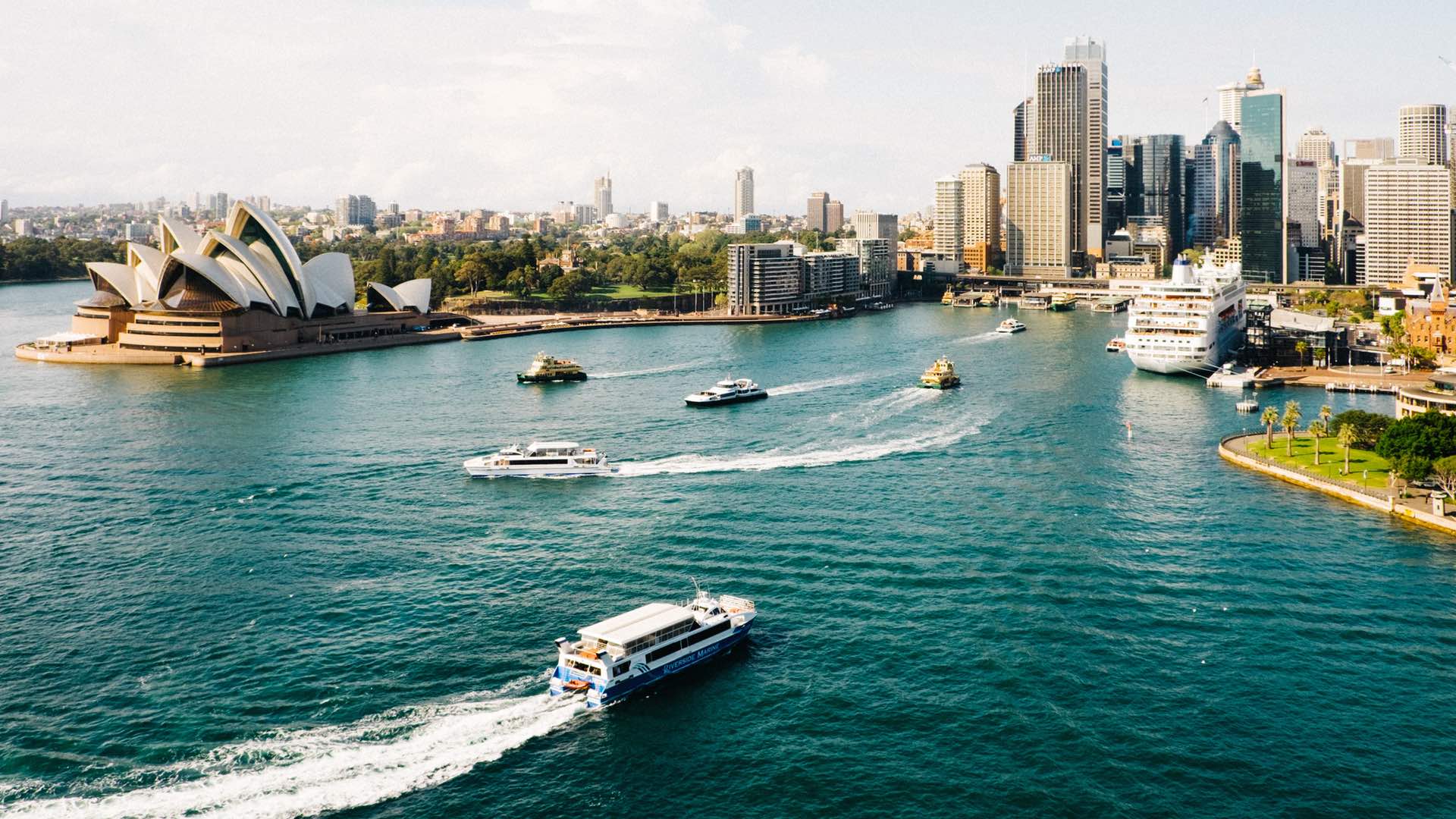A Heap of New Parramatta River Ferry Services Will Soon Be Added to the Timetable
Sydney is getting 400 new weekly services, as well as an on-demand ferry and 13 new boats.
If your daily commute is a nautical one, you could soon be in for some smoother sailing, with Sydney set to score hundreds of extra weekly ferry services and a new fleet of vessels.
French company Transdev will continue to run the Sydney Ferries operations as it has since 2012, after its contract with the NSW Government was extended until 2028. And it's promised to add 400 more ferry services each week by the year 2021, splashing out on ten new ferries for the Parramatta River run and three extra Emerald-class vessels for routes on Sydney Harbour. That's on top of the 3400 services that currently run each week.
The F3 Parramatta River route will receive almost 280 extra weekly ferry trips, with stops like Sydney Olympic Park, Cabarita and Meadowbank enjoying services every ten minutes during peak times. Rose Bay and Watsons Bay are in for expanded evening and weekend services, with weeknight services running later than they currently do, and the Taronga and Mosman routes will be merged in an effort to boost ferry frequency to every 20 minutes.

As part of its schedule of improvements, Transdev will also trial a new on demand ferry for the Bays Precinct, with a new MiniCat boat kicking things off later this year. It'll offer connecting services between smaller wharves like Rozelle Bay and Blackwattle Bay, and more significant hubs like Barangaroo and Pyrmont, improving access to other transport routes. If the trial service proves a hit, it'll help inform the potential launch of extra on demand ferry zones elsewhere.
It won't be Sydney's first on demand ferry service — Captain Cook Cruises launched Ahoy last year, which travels across the eastern suburbs — but it will be the first run by
With all the improvements, Transport Minister Andrew Constance said the new Transdev contract, which kicks off July 28, is expected to save taxpayers more than $40 million over the next nine years.





